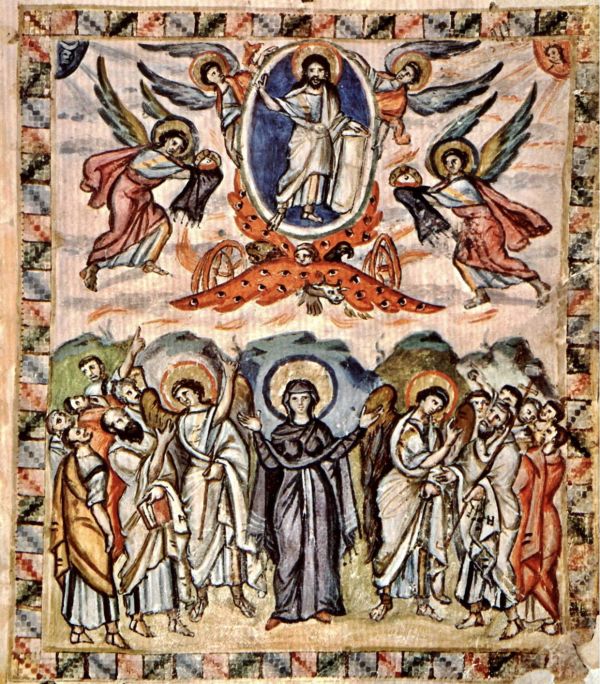Luke's Gospel passage highlights Jesus' mandate to his own, sent to preach the Word to all peoples.
Jesus emphasises that «in his name conversion for the remission of sins would be preached to all peoples» (Lk 24:47).
Francis, a faithful Herald of Christ and constant proclaimer of the Word, always had at heart the spreading of the Good News of the Kingdom for the salvation of every brother.
In the Sources, the path of his first experiences of faith, we find confirmation of this attitude.
In the Early Life of Celano we read:
"He was truly steadfast and constant in the good, and sought nothing else but to do God's will. And indeed, when he even preached the word of the Lord before thousands of people, he was calm and confident, as if he were speaking to his brother and companion.
In his eyes an immense multitude of hearers was like one man, and with the same diligence he used for the crowds he preached to a single person.
From the purity of his heart he drew the certainty of his word, and even when suddenly invited, he knew how to say wondrous things that had never been heard before' (FF 447).
In the Major Legend, then, his way of proclaiming the Gospel is highlighted.
"People of all ages and sexes ran to see and hear that new man, given from heaven to the world.
He pilgrimaged through the various regions, fervently proclaiming the Gospel; and the Lord cooperated, confirming the Word with the miracles that accompanied it.
In fact, in the name of the Lord, Francis, preacher of the truth, drove out demons, healed the sick, and, an even greater miracle, by the efficacy of his word he softened and moved the obstinate to penance and, at the same time, restored health to bodies and hearts" (FF 1212).
The Poor Man of Assisi, aware of the sufferings of Christ, drew strength for his proclamation from the teachings of Jesus.
He perceived Christ's ascension to the Father as a going of Him to "prepare a place for us".
For this reason, inflamed by the mission entrusted by the Lord to his disciples, he preached the Gospel to every creature under heaven, praying constantly.
Ascension of the Lord (Lk 24:46-53)












